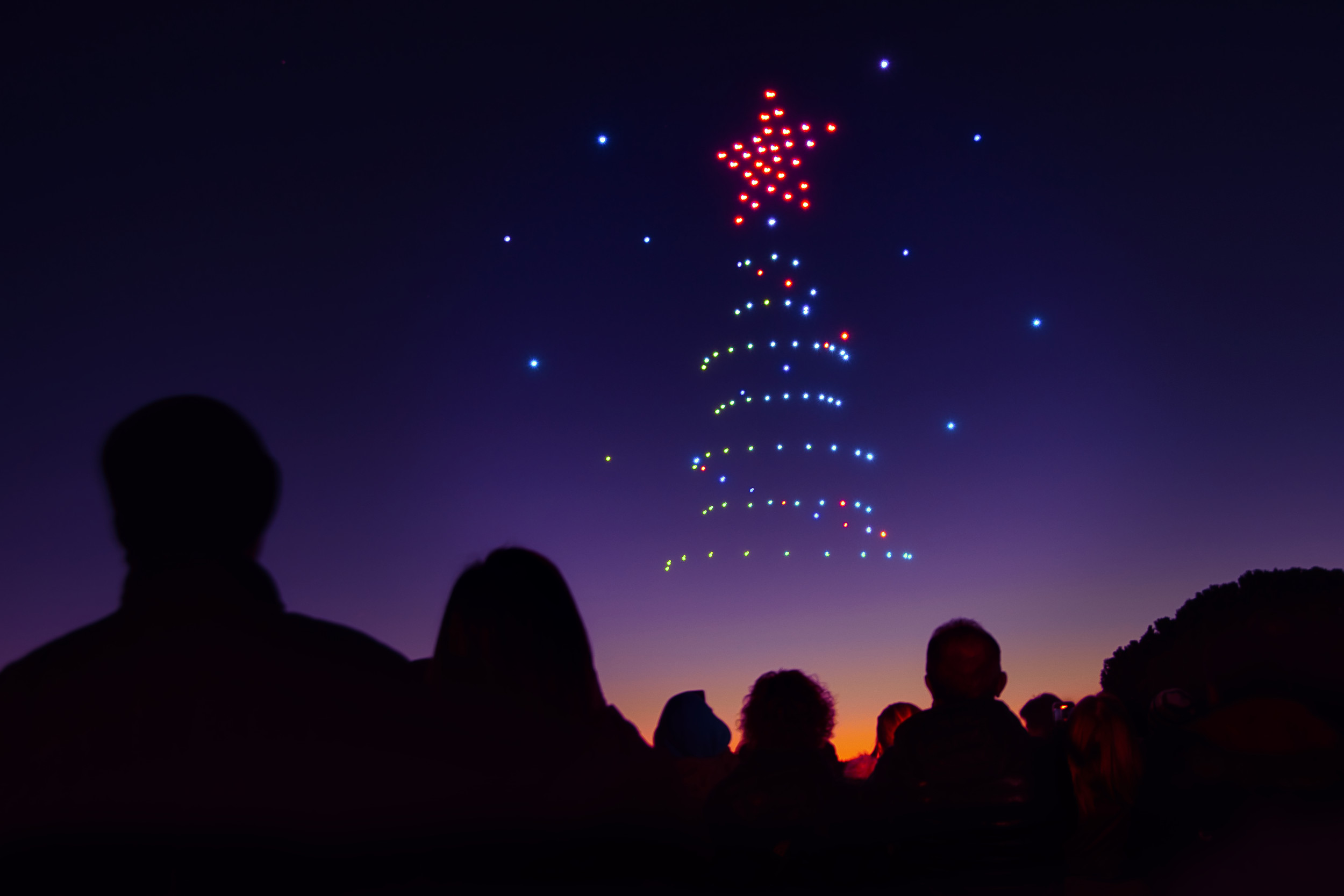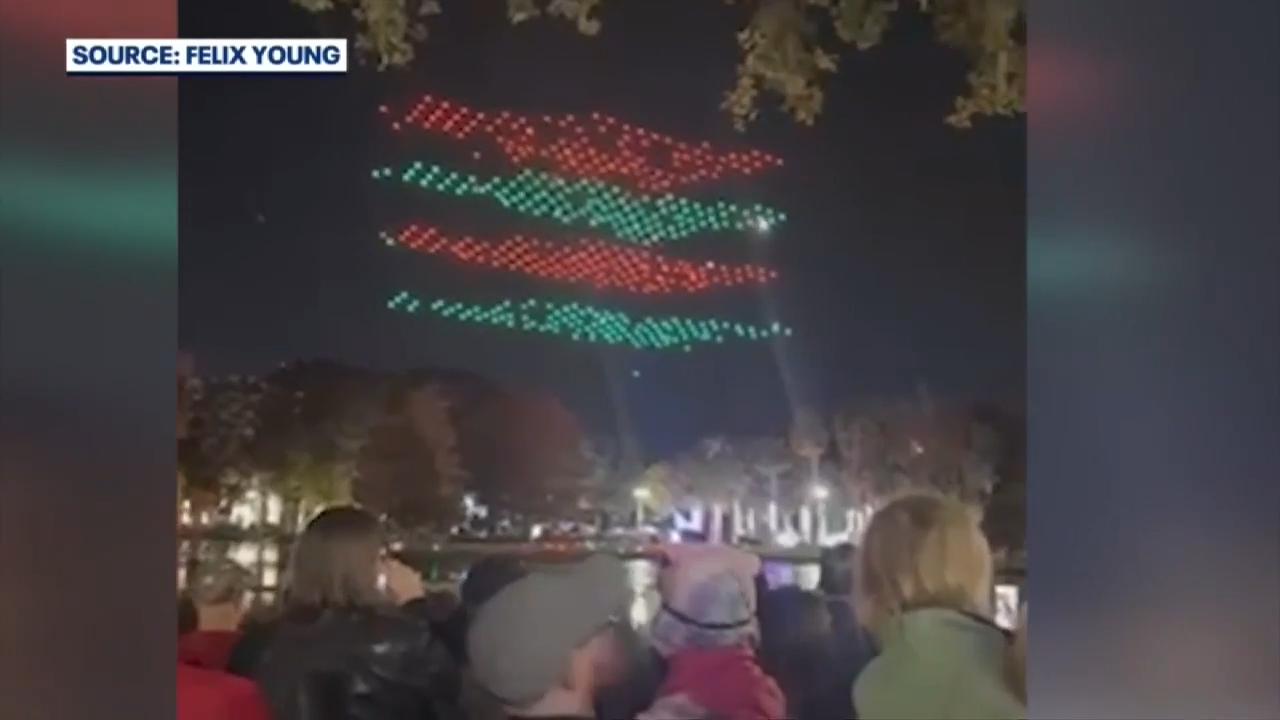Florida drone accidents are increasingly common, demanding a closer look at the factors contributing to these incidents. This exploration delves into the various types of accidents, regulatory violations, property damage, liability issues, safety procedures, technological vulnerabilities, and the crucial role of public awareness. Understanding these aspects is vital for ensuring safer drone operation within the state.
From collisions with buildings to malfunctions mid-flight, the consequences of drone accidents can range from minor property damage to serious injury or even fatality. This analysis will examine real-world examples, highlighting the need for stringent safety protocols and a deeper understanding of Florida’s drone regulations.
Florida Drone Accidents: A Comprehensive Overview

The increasing popularity of drones in Florida has unfortunately led to a rise in accidents. Understanding the various types of accidents, the regulatory framework, and the potential consequences is crucial for both drone operators and the public. This overview provides a detailed examination of Florida drone accidents, covering aspects from accident types and regulatory violations to insurance, safety procedures, and public awareness.
Types of Florida Drone Accidents
Drone accidents in Florida can be broadly categorized into collisions, malfunctions, and unauthorized operations. Collisions involve impacts with other objects, malfunctions refer to technical failures within the drone itself, and unauthorized operations encompass violations of airspace regulations or other legal restrictions.
| Accident Type | Location | Cause | Outcome |
|---|---|---|---|
| Collision with a building | Miami, FL | Pilot error; loss of visual contact | Minor property damage; drone destroyed |
| Malfunction (motor failure) | Orlando, FL | Battery failure; mid-flight | Drone crashed; no injuries |
| Unauthorized operation (near airport) | Tampa, FL | Violation of airspace restrictions | FAA fine; drone confiscated |
Regulatory Framework and Violations
Drone operations in Florida are governed by both federal (FAA) and state regulations. Common violations leading to accidents include operating beyond visual line of sight (BVLOS), flying in restricted airspace (near airports or critical infrastructure), and neglecting proper registration and certification requirements. Penalties range from warnings and fines to criminal charges depending on the severity of the violation.
- Violation: Operating without proper registration. Consequence: Fine and potential legal action.
- Violation: Flying in restricted airspace. Consequence: Significant fines, potential legal action, and drone confiscation.
- Violation: Reckless operation causing property damage. Consequence: Fines, legal action, and potential civil lawsuits.
Impact on Property and People
Florida drone accidents can cause significant damage to property, ranging from minor scratches to substantial structural damage depending on the size and weight of the drone, and the speed and impact of the collision. In some cases, injuries or fatalities can occur. The potential for harm underscores the need for responsible operation.
Scenario: A drone malfunctions and crashes into a residential area, damaging a house’s roof and causing a small fire. The ensuing chaos includes emergency responders, displaced residents, and significant property damage.
Hypothetical Image Description: The aftermath depicts a damaged residential building with a shattered window and a partially embedded drone, surrounded by debris and emergency personnel.
Recent Florida drone accidents highlight the inherent risks in unmanned aerial vehicle operation. These incidents underscore the need for robust safety protocols, a point further emphasized by a similar event; check out this report on an orlando drone show malfunction for a related example. Ultimately, preventing future Florida drone accidents requires a multifaceted approach encompassing both technological advancements and improved operator training.
Insurance and Liability
Insurance plays a vital role in mitigating the financial consequences of drone accidents. Drone operators can purchase liability insurance to cover damages caused to third-party property or individuals. Liability varies depending on the circumstances of the accident and the level of negligence demonstrated by the operator.
Recent news reports detail a concerning Florida drone accident, highlighting the increasing need for stricter regulations. This incident, while seemingly isolated, echoes the larger global context of unmanned aerial vehicle use, as seen in the escalating conflict in Ukraine; for instance, consider the recent ukraine drone attack on russia , demonstrating the potential for both civilian and military drones to cause significant disruption.
The Florida incident serves as a stark reminder of the importance of responsible drone operation and the potential consequences of negligence.
| Negligence Level | Potential Liability |
|---|---|
| No Negligence | Minimal or no liability |
| Minor Negligence | Partial liability; shared responsibility |
| Gross Negligence | Full liability for damages |
Safety Procedures and Best Practices

Adhering to safety protocols is essential to minimize the risk of accidents. Pre-flight checks, including battery inspection, GPS signal verification, and visual inspection of the drone, are crucial. Operators should always maintain visual line of sight, avoid flying in adverse weather conditions, and be aware of surrounding airspace.
In case of malfunction or loss of control, operators should attempt to safely land the drone in a clear area, away from people and property. If unable to regain control, immediate notification of relevant authorities is necessary.
Technological Factors Contributing to Accidents, Florida drone accident

Technological failures can contribute significantly to drone accidents. These failures can stem from various sources, including hardware and software issues.
Recent Florida drone accidents highlight the increasing need for robust safety protocols in drone operation. Understanding the technology is key, and researching reputable manufacturers like those offering sky elements drones can help. Proper training and awareness are crucial to prevent future incidents and ensure responsible drone usage in Florida and beyond.
| Technology | Failure Mode | Accident Prevention Strategies |
|---|---|---|
| Battery | Sudden power loss | Regular battery maintenance, using certified batteries |
| GPS | Signal loss or interference | Flying in areas with strong GPS signal, using redundant navigation systems |
| Motors | Motor failure | Regular maintenance, using high-quality motors |
Public Awareness and Education
Public awareness campaigns are crucial for promoting safe drone operation and minimizing accidents. Educational resources, such as online courses and workshops, should be readily available. Public awareness efforts should focus on responsible drone use, airspace regulations, and the potential consequences of irresponsible behavior.
- Increase public education through online resources and community outreach programs.
- Develop clear and concise guidelines for safe drone operation.
- Promote responsible drone use through social media and other channels.
Ultimately, mitigating the risk of Florida drone accidents requires a multi-pronged approach. This includes stricter adherence to existing regulations, improved drone technology, comprehensive operator training, and robust public awareness campaigns. By addressing these key areas, we can work towards a future where the benefits of drone technology can be realized without compromising safety and public well-being.
FAQ Resource: Florida Drone Accident
What is the FAA’s role in regulating drones in Florida?
The Federal Aviation Administration (FAA) sets the primary regulations for drone operation nationwide, including Florida. These rules cover registration, certifications, operational limits, and airspace restrictions.
Can I sue someone for damages caused by their drone?
Yes, you can potentially sue a drone operator for damages caused by their negligence. Liability depends on factors such as the operator’s adherence to regulations and the circumstances of the accident. Legal counsel is recommended.
What type of insurance is recommended for drone owners in Florida?
Liability insurance is highly recommended for drone owners in Florida to cover potential damages caused by their drones. The amount of coverage should reflect the potential risks associated with the drone’s operation and its value.
Are there specific flight restrictions in Florida for drones?
Yes, Florida, like other states, has specific airspace restrictions, including those near airports, sensitive infrastructure, and populated areas. Operators must check for local airspace restrictions before each flight using resources like the B4UFLY app.